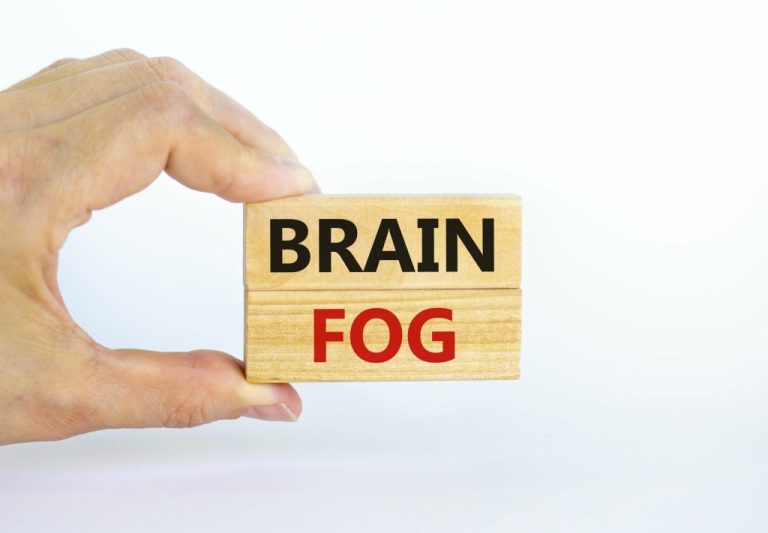Content
In rehab, you learn how to deal with triggers and cravings without using drugs or alcohol. But it will take time to develop new coping mechanisms that work for you in the real world. This could mean finding ways to manage negative feelings, difficult emotions, and cravings that don’t involve self-destructive behaviors. This can be tricky, particularly if you have been in the grip of addiction for an extended period.
Patient care and engagement are always top notch, and I know that I can always trust that the patient and their families will be in the best position to recover. Solid clinically, and more importantly these are good and genuinely caring people.
Mindfulness: A Practical Guide to Finding Peace in a Frantic World
Repairing your finances after rehab is a process, but you can start by connecting with a financial advisor, accountant, or coach with experience in this area. They can assist you in creating a budget and learning tools to manage your spending and eliminate your debt. Just as it’s important to work on relationships with others when navigating life after rehab, it’s necessary for the individual to work on their relationship with themself. This may include forgiving themselves for past behaviors, building confidence by participating in volunteer activities and finding new hobbies and interests. Addiction can disrupt virtually every aspect of an individual’s life, from their financial stability to their interpersonal relationships. After completing rehab, they may feel overwhelmed by the changes they need to make.

You might put off asking for help until before you know it, you’re in over your head. If you’re an independent rebuilding your life after addiction person or a person who is afraid of being a burden to others, you may have trouble asking for help.
Set Goals for Learning New Skills
Studies also show racial bias makes it harder for Black and Hispanic Americans to find treatment. People in rural areas tend to have less access to health care. It typically takes eight years or longer to achieve long-term remission even with high quality treatment and medical care. While tragic, the 100,000 fatal drug overdoses last year actually claimed the lives of a tiny percentage of the 31.9 million Americans who use illegal drugs.
- Someone in the family may feel attacked or unduly criticized during the therapy session.
- At first, you may just need a job to pay for your rehab or to pay your living expenses.
- 14% of these children are younger than two years old, while 12% fall between six and 11 years old and 10% between 12 and 17 years old.
- On top of that, you may find yourself feeling vulnerable in your newfound sobriety.
- An important part of staying sober is setting goals that you can achieve.
After this, they will likely transition to a full-time residential program with a range of out-patient therapies. From there, aftercare programs provide the ongoing support for long-term sobriety. When you enter recovery, it may be to your benefit to try moving into a sober living environment.
Domestic Living
Stay up to date on all things OPG through signing up for our newsletter. Packed with personal stories, relevant content, and upcoming events the OPG Newsletter is a perfect resource of information for individuals, providers, and advisors alike. Spend meaningful time connecting with other people you care about. Contrarily, those caught in the vicious cycle of addiction can acquire some dubious new relationships that facilitate addictive and destructive behaviors. Everyone has personal struggles and traumas that may present challenges in life, some more severe or at a younger age than others.

Steps 4 through 9 give recovering addicts the tools they need to mend and heal those broken relationships. Working slowly and thoughtfully through family and friendships, you can offer your apologies and make your amends. Whether or not the other person accepts and reciprocates isn’t under your control, but you can keep your side of the street clean and work your program to the best of your ability. It’s easy to become complacent and rely on repetition for recovery. You find a plan of action that works to keep you sober, and you follow it. That’s a signal that it’s time for you to shake up your program of recovery. Often people who are in the early stages of sobriety feel hope and optimism for the first time in many years.
How Addiction Affects Relationships
Change the subject so the conversation doesn’t remain on drugs. Connect to a sober community after you finish treatment with the alumni app. Our admissions navigators are available 24/7 to assist you in verifying your insurance coverage and answering your questions.
What are the 5 determinants of relapse?
- Motivation.
- Mental Strength.
- Family & Relationships.
- Anxiety & Depression.
One of the most important aspects of any relationship, regardless of whether or not addiction is a factor, is trust. The unfortunate reality is that breaking someone’s trust is much easier to do than restoring it. To repair family relationships after rehab, you have to be prepared to put in the time to maintain the trust you’ve rebuilt. Now that you know the link between addiction and loved ones and what you can do to promote positive relationships, the best time to start is now. Instead of relying on one person, you need to keep up with your meetings, continue with therapy sessions, and work on your routines and habits as time passes.
I cannot recommend 12 Keys at the River enough for those struggling with addiction. You may just need to reset your mental mindset back to recovery. In all three serious, chronic illnesses, relapse can hover around 50 percent, yet many people still harbor the unfortunate myth that drug addicts “always” relapse. There are some legitimate reasons why you may find yourself at a bar or club. Weddings, business meetings, awards dinners and other events often include drinks or gatherings at places that serve alcohol or where drugs may be obtained.
What are 3 personality traits that are closely related to addiction?
No single personality type sets someone up for addiction, but there are a few personality traits common among people who have a substance use disorder: an inability to handle stress, impulsivity, unaccountability and a lack of empathy.
